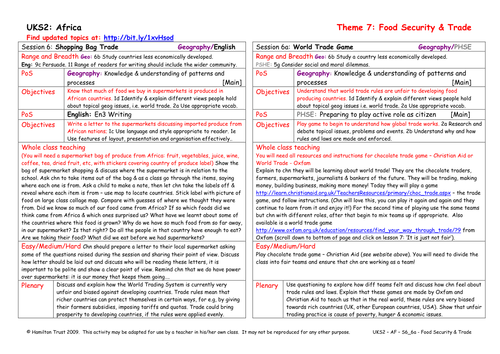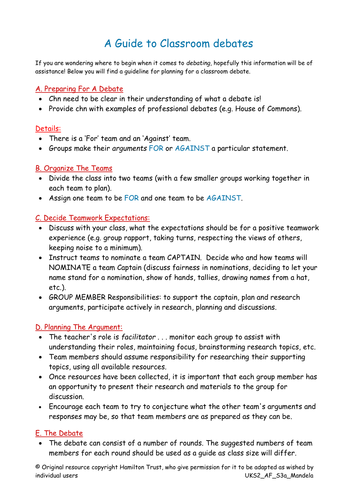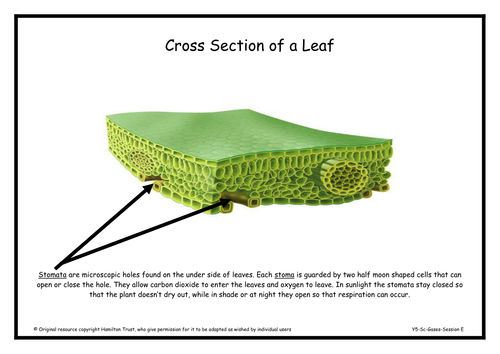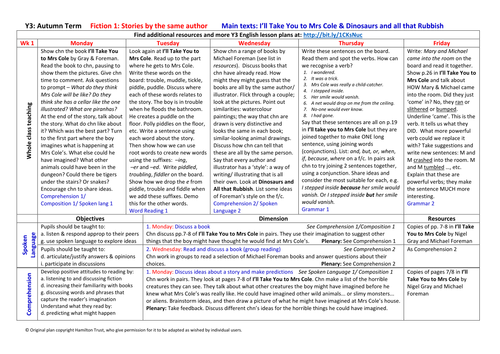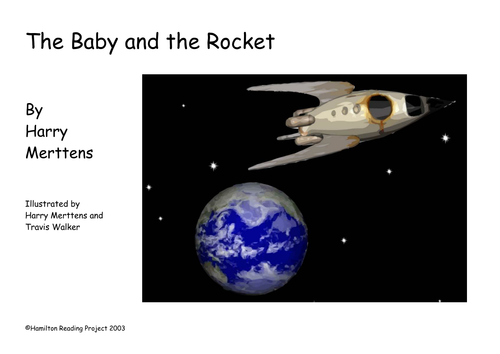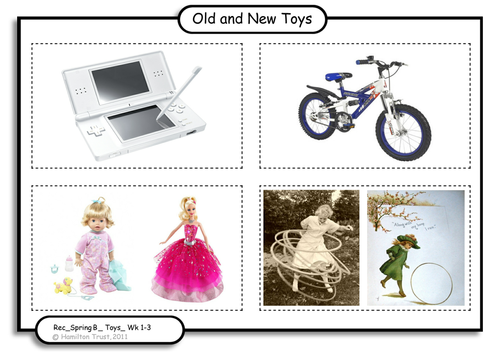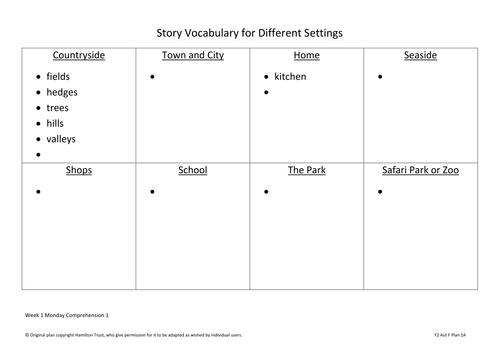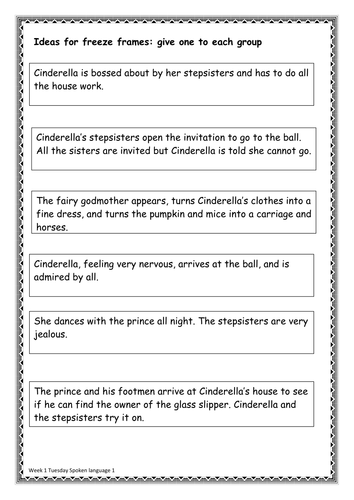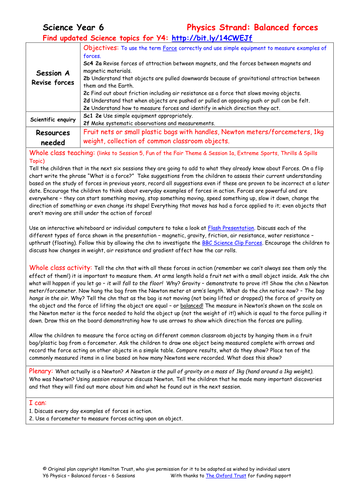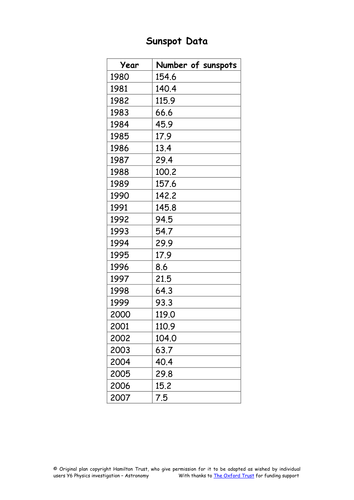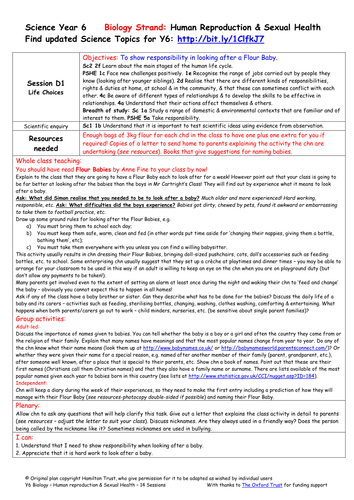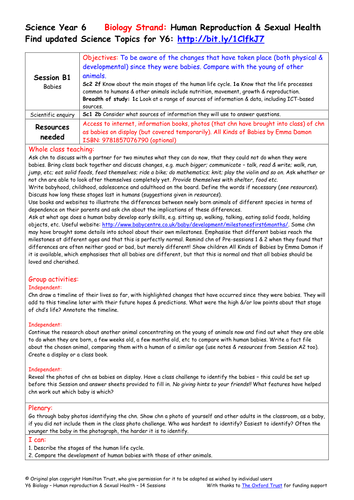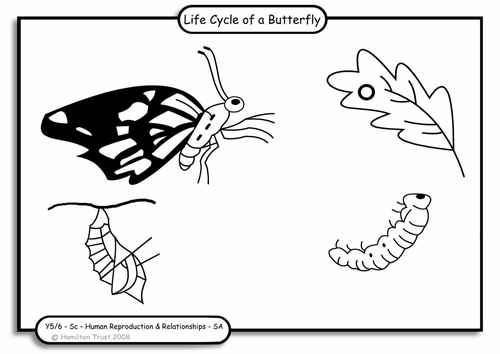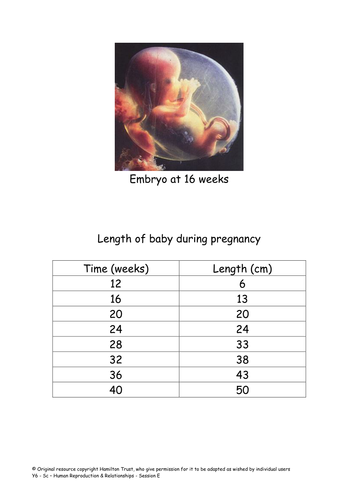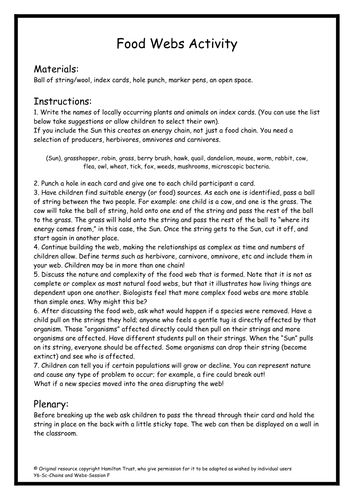
397Uploads
10045k+Views
11647k+Downloads
All resources

Shopping Bag Trade
Children learn how much of the food we buy in supermarkets is produced in African countries. They discuss this in the light of their knowledge of fair trade and write a letter to the local supermarket to discuss the issues.

Spotlight on South Africa 2010
In 2010 the eyes of the World will be on South Africa and a country where once no sports teams visited will be a focal point for 32 teams and their fans. Children find out more about the 9 host cities and create tourist guides for each.

Why Vote?
Discuss facts about voting in the UK: not everyone exercises their right to vote. Engage children on the right to vote and its significance in their own country. In two teams for and against, debate the issue of lowering the voting age.
Suitable for years 5 and 6.

Uses of gases
Without oxygen in the atmosphere life on Earth would be impossible, but there is more to gas than breathing it in and out. Children investigate the uses of gases in everyday life situations. Suitable for Y5 pupils.

Year 3 Fiction 1: Stories by the same author (Michael Foreman)
Using the delightful illustrations and books of Michael Foreman (Dinosaurs and All That Rubbish and I'll Take You to Mrs Cole), children have many opportunities to practice simple, compound and complex sentences with powerful verbs. They then create their own stories based around I'll Take You to Mrs Cole, by Nigel Gray and Michael Foreman.

Reception Non-fiction (Space): Information and instructions (weeks 1-2)
Use the Animated Tale The Baby and the Rocket to introduce children to information texts. Compare facts and fiction. Make a large rocket and use photos of the construction to write instructions. Lots of activities for children to investigate both planets and rockets.

Reception Non-fiction (Toys): Labels, captions, list, descriptions (weeks 1-3)
Taking inspiration from I Love You Blue Kangaroo by Emma Chichester-Clark, children share favourite toys and write descriptions. They talk about toys from long ago with a visitor, learn about old bears and make a class toy museum of old and new toys writing factual statements for displays.

Year 2 Fiction 1: Stories in familiar settings
Explore familiar settings through Margaret Mahy's story A Lion in the Meadow, You Choose by Nick Sharratt and There’s No Such Thing as a Dragon by Jack Kent. Children generate ideas and plan a story about an animal that lives in their house under the stairs. There is a focus on using simple punctuation and story problems and solutions.

Year 1 Fiction 5: Fairy stories
Use three traditional tales to study characters and settings, sequence events, tell oral stories and plan new versions of old favourites. Use story maps to retell tales. Children write a story based on a traditional tale using adjectives and compound sentences. The plan uses Snow White in New York by Fiona French. Hamilton Group Reader Billy Dogs Gruff is used to build confidence in reading aloud.

Revise forces
Forces are everywhere, there is a force driving everything that moves. Children get to grips with real life examples in this session as they develop their understanding of gravity and begin to measure forces using forcemeters. Suitable for Y6 pupils.

The sun
Show children that white light is actually a mixture of colours and that the Sun provides heat! Investigate sunspots using shadows and the rotation of the earth around its axis. Finally draw a graph of the number of sunspots a year and identify a pattern.
Suitable for Y6 pupils.

Life choices
Session 1 - Think about all the different relationships that children have/will have with other people, leading to a discussion about marriage. Research marriage customs in different cultures. Children return to timelines and predict hopes and expectations for their future lives.
Session 2 - Think about all the different relationships that children have / will have with other people, leading to a discussion about marriage. Research marriage customs in different cultures. Children return to timelines and predict hopes and expectations for their future lives.
Suitable for Y6 pupils.

Three states of matter
Solid, liquid or gas? That is the question that kicks off this block of six sessions. Children investigate the properties of the three states and sort some familiar and unfamiliar objects into them. Suitable for Y5 pupils.

Not In My Back Yard
Discuss a proposed plan for creating wind energy. They are given time to research and prepare for a debate ‘Should 7,000 wind turbines be placed in and around the UK?’ In teams they will put forward their views backed up with evidence to support their case.

Babies
Session 1 - Children consider the development that they have undergone since they were babies. Draw a timeline of their lives so far. Continue research into the life stages of another animal concentrating on how quickly the babies develop. Have a baby photo challenge!
Session 2 - Look at the proportions of a human adult as shown by Leonardo’s Vitruvian Man. Investigate the shape changes between a baby and an adult human, concentrating on the head to body length ratio. Measure and draw graphs. Sketch children and adults in proportion.
Suitable for Y6 pupils.

Life cycles
Session 1 - Set up ground rules for this Strand. Revise knowledge of life cycles of butterflies and frogs which both involve metamorphosis and flowering plants. Discuss reasons for reproduction and consider animals facing extinction. Start reading Flour Babies.
Session 2 - Using the riddle of the Sphinx as a starting point, look in detail at the human life cycle and compare the stages with those of other animals. Look at the range of different gestation periods and life spans; draw graphs and look for patterns. Begin research.
Suitable for Y6 pupils.

Pregnancy
Session 1 - Changes at puberty prepare our bodies to have children of our own. Look in more detail at human fertilisation and pregnancy and learn how important it is for mother-to-be to look after her health. Look at baby growth in utero and explain function of umbilical cord.
Session 2 - Watch a video of a birth and discuss other forms of delivery such as Caesarean or forceps deliveries. Discuss how the parents’ lives will now change and relate this to children’s Flour Babies experience. Research birth rites of passage in different cultures.
Suitable for Y6 pupils.

Puberty
Session 1 - Look at the physical changes that take place during puberty. Some are seen easily, e.g. growing taller and broader, hair around genitals and under arms, etc. Also discuss menstruation and wet dreams and rites of passage in different cultures on reaching puberty.
Session 2 - Look at the emotional changes in puberty. Use drama to act out typical scenarios involving parents and teenagers; look at the different viewpoints and discuss how compromise can ease situations. Look at the meaning of friendships and where help can be found.
Suitable for Y6 pupils.

Food webs
A wonderful food web is weaved in this session as children create more complex feeding relationships. Through practical activity they discover the impact that subtle changes can have on the whole web!
Suitable for Y6 pupils.

